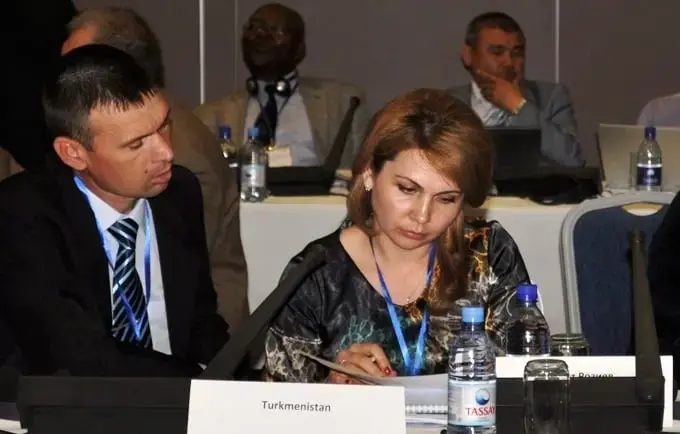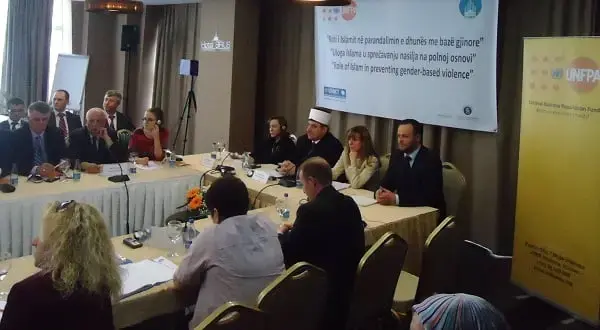World Refugee Day Statement by Phumzile Mlambo-Ngcuka, Executive Director, UN Women and Natalia Kanem, Acting Executive Director, United Nations Population Fund (UNFPA)
We must bring women’s voices, knowledge and leadership to the heart of humanitarian action
20 June 2017
No one chooses to leave their home and their possessions lightly. To become a refugee is to have experienced unbearable circumstances, swapping immediate peril for unquantifiable risk. Women and girls are often the most affected, facing uncertainties of status and rights, and dangers including strong likelihood of sexual violence. UNFPA estimates that 26 million women and adolescent girls in their childbearing years need humanitarian assistance around the world today.
Some families decide that marriage is the best way to protect their young daughters. A recent survey in Lebanon found that 47 per cent of married women, 20 to 24 years old, were married before the age of 18. This ends these girls’ childhood, exacerbates school drop-out, and puts them at risk of the reproductive health complications of child-bearing too young, especially given the likely loss of access to essential services such as those necessary for their sexual and reproductive health. By some estimates, between 6 and 14 per cent of all displaced women aged 15 to 49 are likely to be pregnant, and of these, approximately 15 per cent are likely to experience a life-threatening complication of their pregnancy.
Interrupted education compounds these vulnerabilities; there is a direct connection between girls’ knowledge and their increased control over decision-making that affects their bodies and lives. Women and girls on the move are more likely to miss out on educational opportunities and be socially isolated, with girls making up less than one third of refugees in secondary education. This also affects their income-generating capacity. It is the circumstances of these women and girls, in the context of increasing and more protracted refugee crises, that underline the urgency of ensuring appropriate services and protection are provided for all those in need.
On World Refugee Day, we acknowledge the unique vulnerabilities of women and girl refugees, and the need for us all to do better to serve them. We also celebrate their strength. From crisis to crisis, it is the resilience and persistence of women and girls that carries their families, their communities and their societies through hardship to durable solutions.
Women and girls are the most effective advocates for effective and efficient services such as health and education, or the best approaches to support livelihoods. They have a right to an equal voice in decisions that affect them. When in camps, they are rapid adopters of opportunities through new technologies, like education via mobile devices, or cash-for-work programmes that develop skills for a life outside the camp. They are the experts on safe sanitary facilities, female-friendly camp design and other aspects critical for reducing women’s risk of physical and sexual violence and increasing their capacity to live independent and fulfilled lives. We must listen to their insights and amplify them.
Yet, we are currently failing these women and girls. The services they need are chronically underfunded, with crucial areas of work such as the prevention of and response to gender-based violence and education only receiving a fraction of the resources necessary. Many of the world’s refugee women still cannot rely on international guidelines on gender-responsive camp design or service delivery being consistently followed.
The opportunities to influence decisions that affect their lives, from health care, schools and opportunities to train and set up small businesses, to issues of lighting in camp contexts and modalities for delivering assistance outside camps, are routinely denied them. Men capture the decision-making spaces, crowding out sufficient consideration of women’s perspectives, interests and needs.
The imperative of bringing women’s voices, knowledge and leadership to refugee response is not an insurmountable technical challenge, nor is it unaffordable. It is soluble with modest but intelligent changes in the way we listen, allocate our resources and do our business.
The world has committed itself more strongly than ever to the cause of gender equality and to protecting all refugees. The international community must recommit itself to placing women and girls equally with men and boys at the heart of humanitarian action for the world’s refugees. We, and they, cannot afford anything less.




